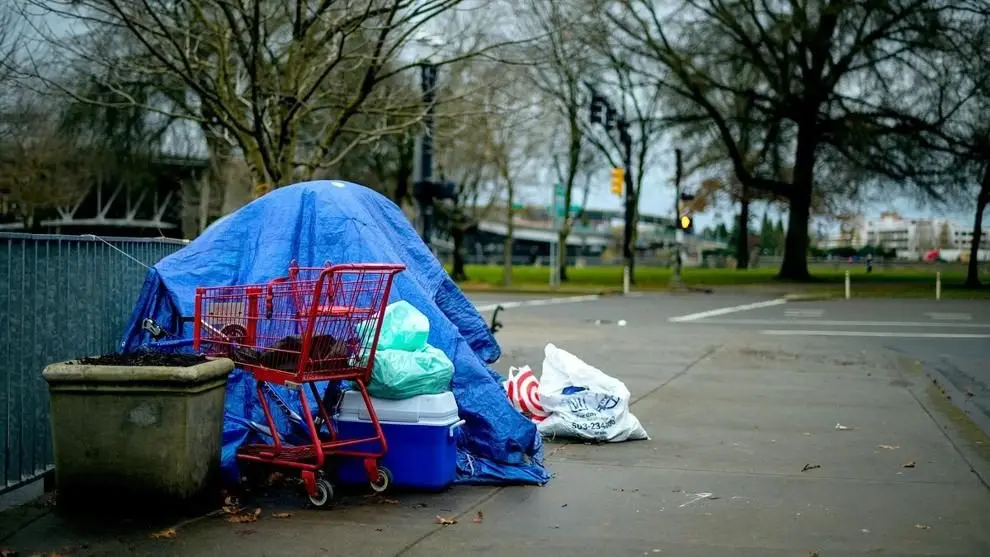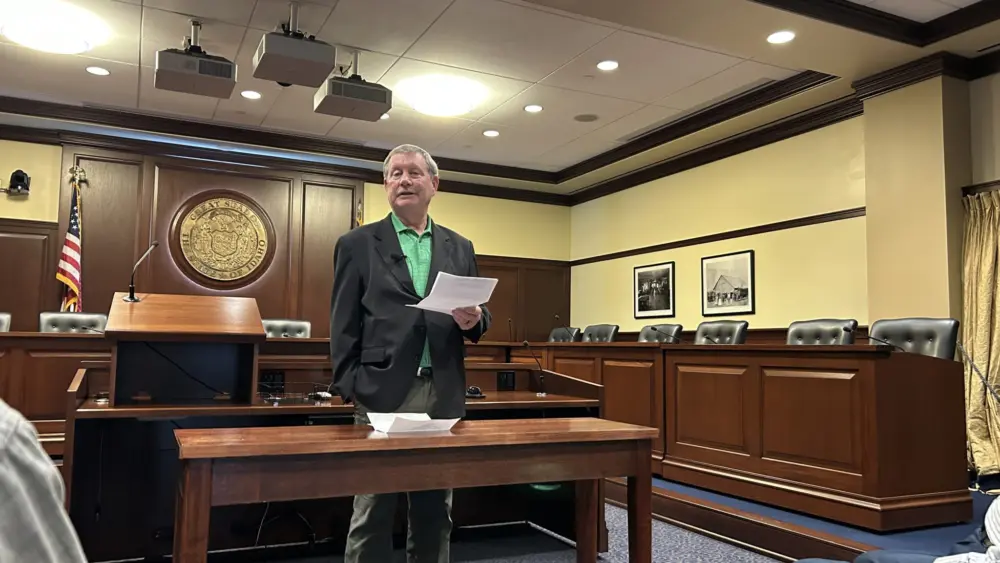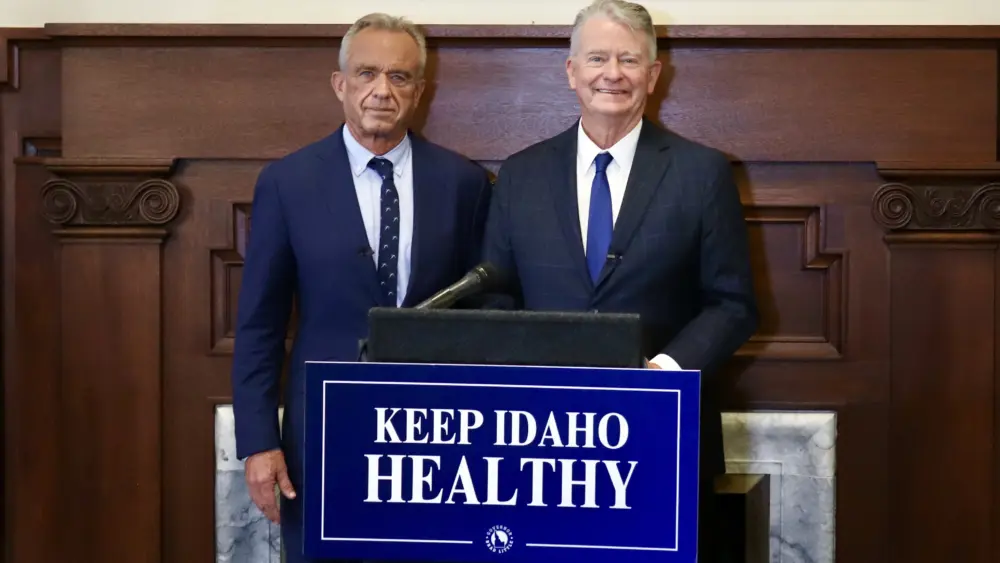SPOKANE, WA – Hoping to mobilize resources as soon as possible, the administration of Mayor Lisa Brown told the Spokane City Council on Thursday that the mayor’s emergency declaration on homelessness could cost $4.2 million.
Brown issued her declaration on homelessness during a press conference atop City Hall on Wednesday. The council just replaced Brown’s lackluster camping ban on Monday, positioning the city to bolster enforcement, but this comes as funding dries up due to the ongoing federal government shutdown.
The emergency, subject to council approval, would allow the mayor to bypass the dais and contracting requirements to expand homelessness services before winter. While Brown plans to use state and local tax dollars, with some reimbursed later, for these projects, her ask comes amid a $13 million shortfall.
If the expanded services end up costing more than anticipated, it may require additional adjustments.
“For us to facilitate a [request for proposals] and get all to the point of contract, literally takes eight to 12 months,” Dawn Kinder, director of Spokane’s Neighborhood, Housing and Human Services division, explained Thursday during a special meeting. “It’s an incredibly long process for us to get through.”
According to a news release, the declaration will fund 50 additional shelter beds, medication-assisted treatment and help expedite eviction prevention contracts if approved by the council. Kinder said the contracts with providers would last 12 months, but the plan is to end the emergency this December.
About $1.3 million in state and local tax dollars would fund the additional shelter beds and treatment services. The $2.9 million for eviction prevention would come from state pass-through funds — state and federal tax dollars that Spokanites pay into, which are allocated to the city and then to providers.
“Without the federal government open, they can’t actually reimburse us for those [housing] contracts,” Brown explained Wednesday, “so we can’t reimburse providers that we have already contracted with.”
“The nonprofits are in a perilous situation, sort of doing the work, but not being reimbursed yet; and the city is in a situation where we have to decide whether or not to tell them we don’t know if we’re going to be able to reimburse you,” she continued, “and that is a decision we’re having almost daily.”
Kinder said NHHS and the Community, Housing and Human Services Department, or CHHS, typically start the RFP process around March. That already came and went this year, so the city must either rely on this emergency declaration to expand services without an RFP or justify special market conditions.
According to the Shelter Me Spokane dashboard, the city has about 700 shelter beds, of which around 200 are part of Brown’s scattered-site shelter model. CHHS Analyst Amanda Martinez told the council that nearly 11,000 people accessed homelessness services in Spokane from July 2024 to June 2025.
Roughly 3,000 of those individuals who accessed services stayed in an emergency shelter, far more than the city’s 700 beds. It had over 1,000 beds last fall, but Brown took hundreds offline by closing Spokane’s largest congregate shelter, which cost approximately $1 million per month, last Halloween.
According to Martinez’s presentation, the state and federal governments have awarded the city $24.5 million for homelessness programs. The Brown administration has spent $21.3 million so far, with $3.1 million remaining; however, it’s unclear whether that balance is current or directly after June 2025.
Spokane Communications Manager Erin Hut said the city already has local tax revenue on hand to pay for a portion of the $1.3 million for additional beds and treatment services. However, the state would reimburse the city for the rest of those contracts, along with the $2.9 million for eviction prevention.
“If we had affordable housing that was available to individuals to move into, we would see a much faster pace of individuals moving through this system,” Kinder said Thursday. “We are backlogged up against the ability for somebody to exit a unit and move into a market-rate, an affordable unit, whatever it is.”
Council Office Director Giacobbe Byrd said the council may vote on the mayor’s declaration next Monday.





